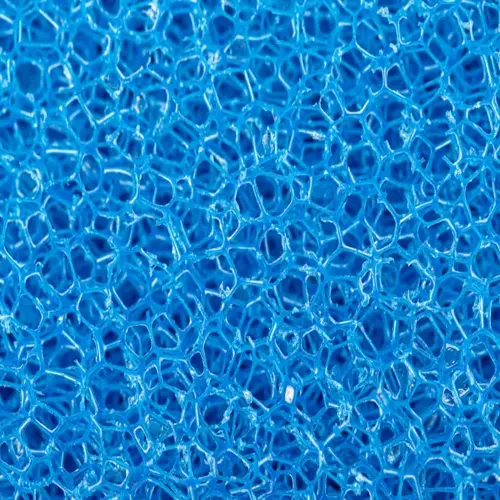Do saltwater aquariums require special parameters?

Written by
Kailani Okoro
Reviewed by
Prof. Henry Webster, Ph.D.Saltwater aquariums require more specialized parameters than freshwater aquariums. Reef systems, in particular, require precise biochemistry to sustain and grow coral. Marine fish must maintain a certain salinity to ensure osmoregulation. If these conditions are neglected, it results in bleaching of corals and stress in fish. I learned this firsthand while caring for my first reef aquarium.
Keep salinity between 1.023-1.025 SG for marine systems. Specific gravity determines fish hydration and coral health. Use standard, calibrated refractometers every month to ensure accuracy. My tangs had ich due to a drop in salinity to 1.020. Consistent salinity prevents osmotic stress to marine species.
Calcium concentrations of 380 - 420 ppm* are required for building coral skeletons and maintaining exoskeletons. Stony corals use calcium quickly in their growth. Test twice weekly with good, reliable test kits. My acropora stopped growing below 380 ppm towards calcium. Supplement with calcium chloride bathing and follow the effects.
Essential Trace Elements
- Iodine: Tissue health in soft corals
- Strontium: Coral skeleton formation
- Iron: Macroalgae growth
- Molybdenum: Bacterial processes
Supplementation Protocol
- Dose iodine weekly after testing
- Add strontium during water changes
- Use trace element mixes for reefs
- Test monthly to prevent accumulation
Maintenance Techniques
- 10-15% weekly water changes
- Use RO/DI water exclusively
- Clean protein skimmer weekly
- Calibrate equipment monthly
Reef tanks require alkalinity of 8-12 dKH in order to prevent pH crashes. Carbonate hardness buffers the acid produced by coral metabolism. Test alkalinity twice a week. My LPS corals closed when dKH dropped below 8. Maintain alkalinity with baking soda or commercial buffers.
Magnesium supports coral calcification between 1250-1350 ppm. It prevents calcium carbonate precipitation. Test monthly. My coralline algae stopped spreading below 1250 ppm. Supplement magnesium sulfate gradually to avoid shocking corals.
Systems with only fish in them have less stringent needs than reef tanks. They tolerate calcium of only 350 ppm and alkalinity of only 7 dKH. Salinity still must be strictly maintained. My FOWLR tank is flourishing with easier maintenance needs than my reef system.
Read the full article: Understanding Aquarium Water Parameters

